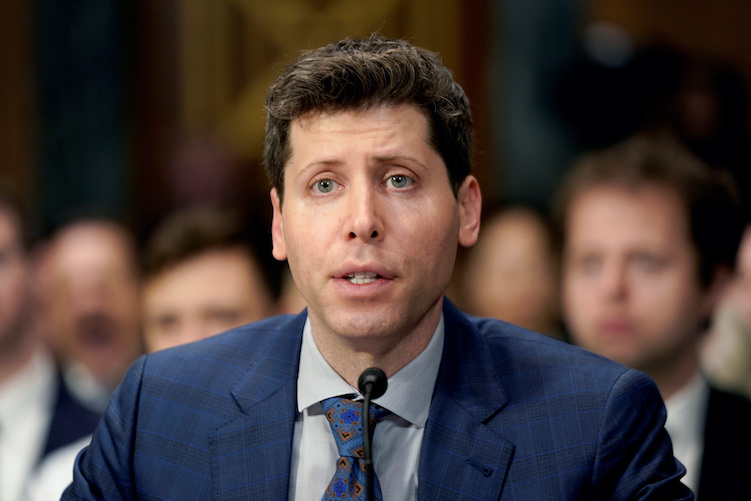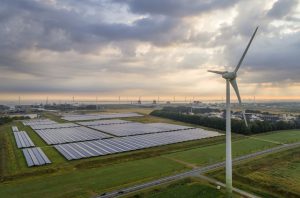OpenAI chief Sam Altman’s admission at the World Economic Forum in Davos last month that global energy systems will struggle to cope with the demand from the next wave of generative AI systems has spurred concern about the environmental impacts of the new technology, according to a report published in Nature, which said that ChatGPT is already consuming the energy of about 33,000 homes and that “large AI systems are likely to need as much energy as entire nations” in a few years.
Generative AI systems, and giant data centres, also need huge amounts of fresh water to cool their processors and generate electricity, it said, adding that on February 1, US Democrats led by Massachusetts Senator Ed Markey introduced the Artificial Intelligence Environmental Impacts Act of 2024 in a bid to force the National Institute for Standards and Technology to collaborate with academia, industry and civil society to establish standards for assessing AI’s environmental impact, and to create a voluntary reporting framework for AI developers and operators.
Read the full report: Nature.
ALSO SEE:
New Deal Triples OpenAI Valuation to $80 Billion – NYT
Nvidia Chief Pans Sam Altman’s Trillion-Dollar AI Chip Plan
Altman’s AI Chips Plan Could Cost Trillions, Not Billions – WSJ
OpenAI Shifts Stance on Military Use of AI Tools – CNBC
























